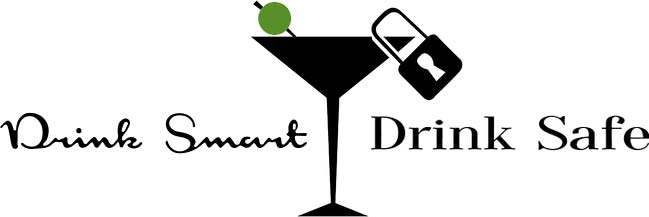Ludacris' rap lyrics put on trial in custody battle
Posted by Rodney Carmichael on 30th Jan 2015
Rapper-actor Chris "Ludacris" Bridges won primary custody of his 13-month-old daughter Cai Bella Bridges in a Fulton County court case that ended this week. One of the more interesting aspects of the case, presided over by Judge Dorothy Downs, occurred when the attorney for Cai's mother, Tamika Fuller, who was seeking an increase in child support, attempted to use Ludacris' "dirty" rap lyrics to question his suitability as a father.
In particular, the attorney asks whether the lyrics to his song 'Dancin Dirty' featuring Chris Brown, from Luda's <i>#IDGAF</i> mixtape, promote date rape. While examining him on the stand, she zeroes in on the second verse:
Throw it, throw it like you know it
These girls be actin' shy but you just ain't afraid to show it
I got all this money and I'm damn sure fin' to blow it
Cuz she asked me for a drink and I'm damn sure fin' to po' it
I'm a, make it strong, she said she like it fruity
In another 30 minutes I'll be feelin' on her booty
An hour after that I'll have her twisted like a cyclone
Legs wrapped around me til she squeeze me like a python
I call that slizzer we both been gone off that liquor
She let down all her defenses and yes I give her the business
With the quickness she came to her senses, while I'm tappin' and snappin' pictures
Relentless but so persistent now she said it's just Ludacris's
After
reading the lyrics, she continues the line of questioning, asking
Bridges, "You're talking about date rape there aren't you?"
"No ma'am," Bridges responds.
"What are you talking about?"
"I'm just talking about partying and having fun."
After some more question, she attempts to bring it home: "Would you like for Cai to have this experience with a young man?"
Bridges responds,"When Cai becomes an adult, if she wants to have a good time, then that's her right as an adult."
This certainly isn't the first time rap lyrics have been used against rap artists in a trial, but usually prosecutors are submitting violent lyrics as evidence in criminal cases. This may be the first time sexually suggestive lyrics have been used in a child custody hearing. Seems like a bad precedent. Mainly because it doesn't seem to happen in other genre or music or creative medium. In a New York Times column piece last year, Erik Nielson and Charis E. Kubrin wrote about the dangerous legal ground this is treading:
As
expert witnesses who have testified in such cases, we have observed
firsthand how prosecutors misrepresent rap music to judges and juries,
who rarely understand the genre conventions of gangsta rap or the
industry forces that drive aspiring rappers to adopt this style. One
common tactic is to present a defendant’s raps as autobiography. Even
when defendants use a stage name to signal their creation of a fictional
first-person narrator, rap about exploits that are exaggerated to the
point of absurdity, and make use of figurative language, prosecutors
will insist that the lyrics are effectively rhymed confessions. No other
form of fictional expression is exploited this way in the courts.
Admittedly,
the complex and creative manipulation of identity in rap helps account
for its treatment in court. Nobody believes that Johnny Cash shot a man
in Reno or that Bret Easton Ellis carried out the gory murders described
in “American Psycho”; neither artist claimed that he was writing
autobiographically. That’s not always the case with rappers. Many remain
in character long after they leave the recording studio, trying to
establish their authenticity by convincing listeners that they live the
lives they rap about. Those familiar with the genre understand that this
posturing is often nothing more than a marketing pose.
But
for the uninitiated, it is easy to conflate these artists with their
art. It becomes easier still when that art reinforces stereotypes about
young men of color — who are almost exclusively the defendants in these
cases — as violent, hypersexual and dangerous. If that’s what jurors
see, what are the chances for a fair trial?
In
Bridges case, he won. But rap remains on trial. What if this weren't a
celebrity rapper with the deep pockets necessary to hire top attorneys?
Would the creative license he takes on record automatically make him
unfit to parent? The whole premise seems ludicrous to me.
